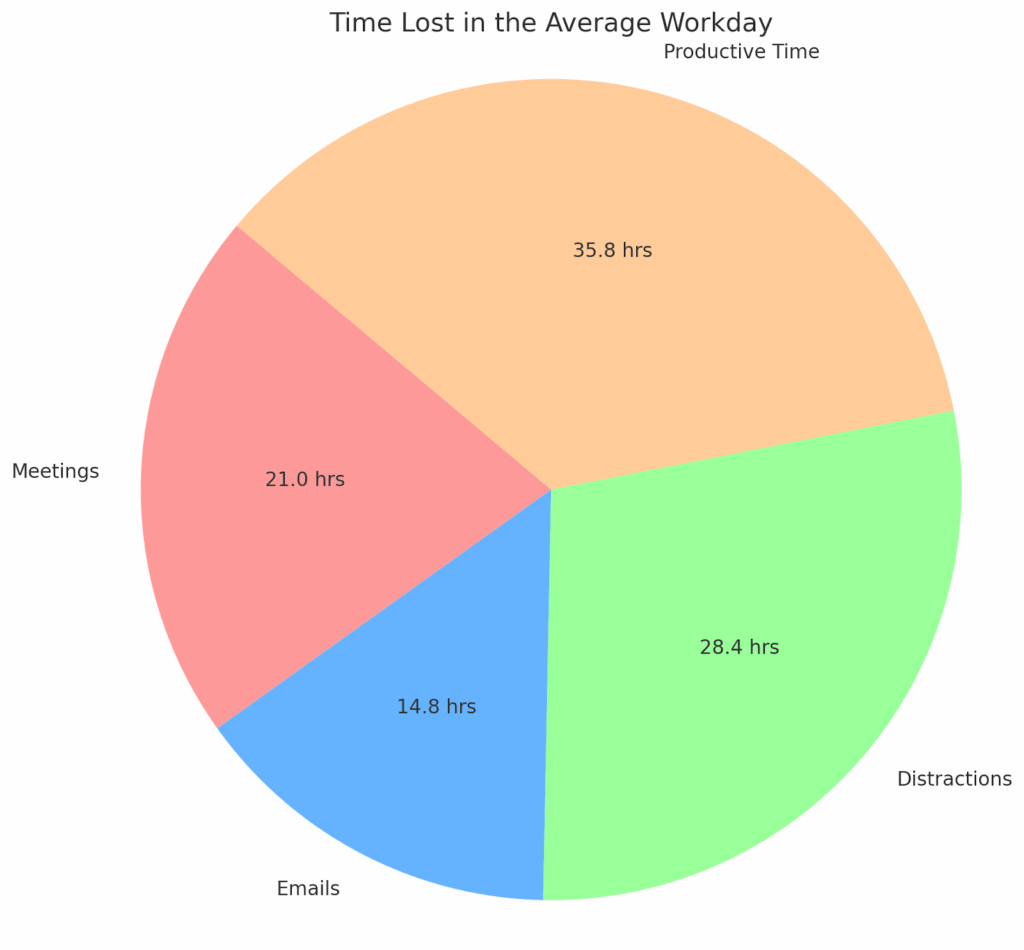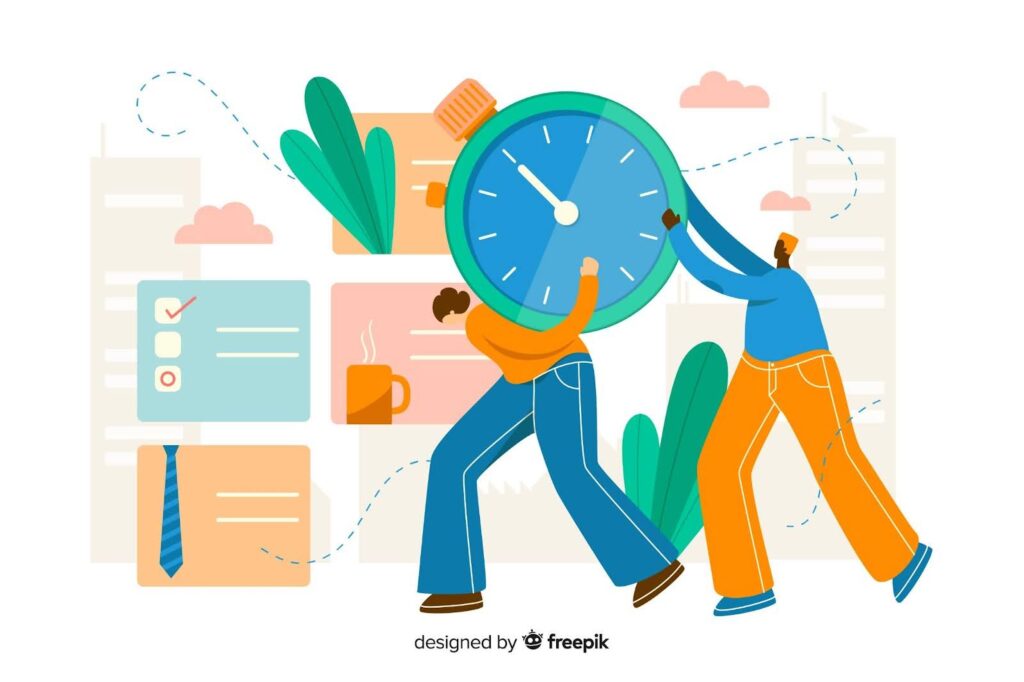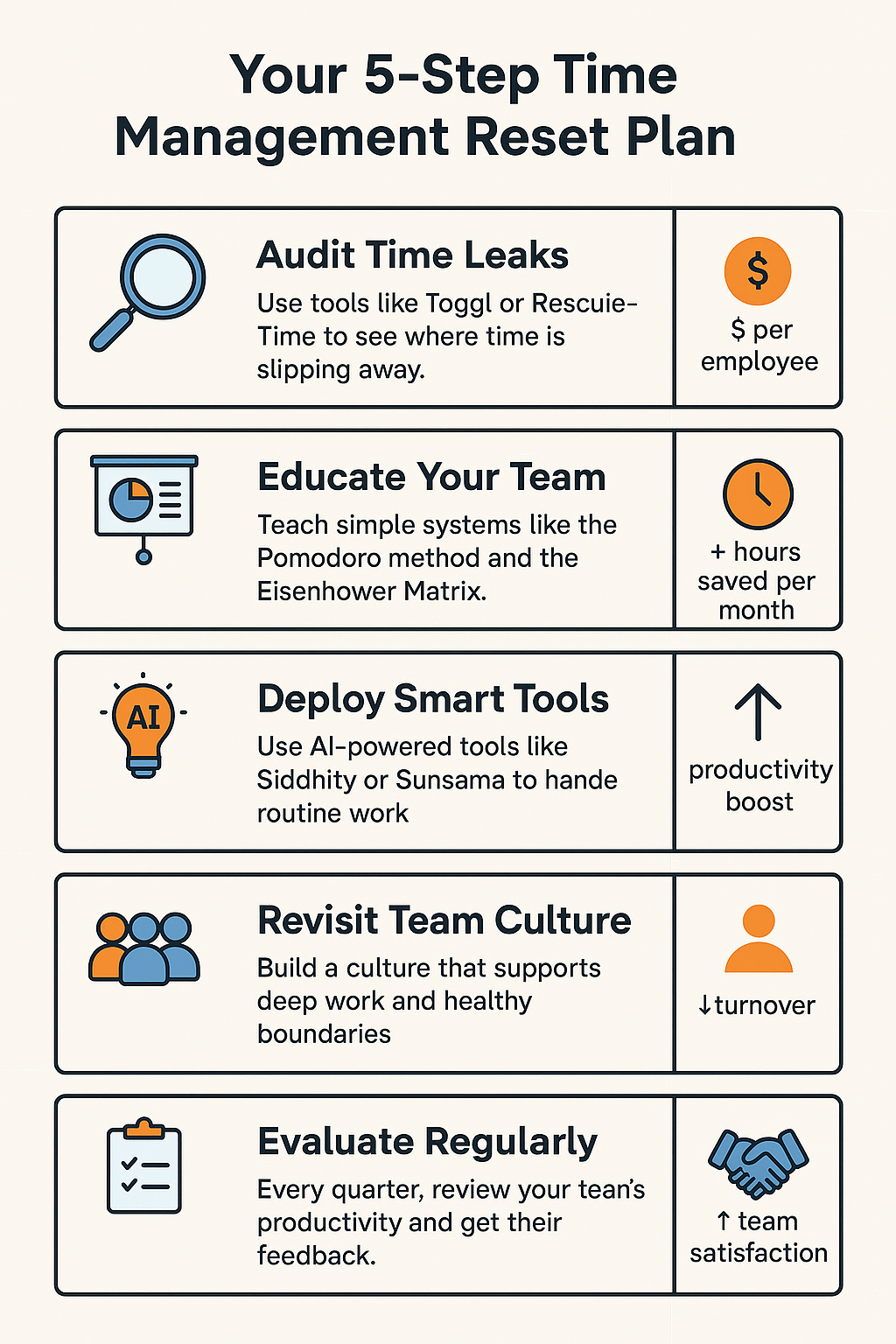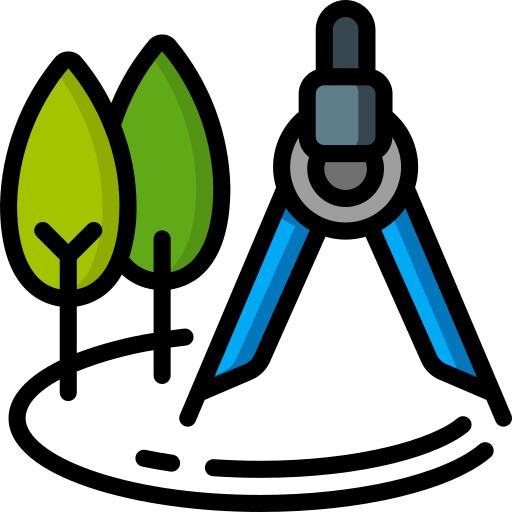Quick Answer: Why Is Time Management Important in the Workplace?
Time management in the workplace helps improve productivity, reduce stress, and support a better work-life balance. When employees manage time well, companies save money, boost performance, and lower the risk of burnout. Effective time usage also improves employee retention and helps avoid unnecessary workplace stress.
The Rise of the “Infinite Workday”

Today’s workers are constantly interrupted. Emails, pings, Zoom calls, these distractions pile up fast. According to Microsoft’s Work Trend Index, employees now face more than 275 interruptions every day.
What used to be a simple 8-hour workday has quietly turned into a never-ending cycle. People are always “on,” even outside office hours. But here’s the problem: this hasn’t made us more productive.
In fact, most people only get about 2 hours and 53 minutes of real work done per day. And 82% of professionals admit they don’t have a good time management system. That’s a huge problem.
In this guide, we’ll cover:
- Why poor time management in the workplace is so harmful
- How good habits can boost both results and well-being
- Tools and methods that help you take control of your time
- Global trends and expert tips to help you manage your day better
- A time management action plan and downloadable template
Let’s dive in and take back control of your workday.
The Hidden Costs of Poor Time Management at Work
Not managing time well doesn’t just waste minutes; it costs money, health, and morale. The effects can hit individuals, teams, and entire companies.
Economic Impact
In the U.S. alone, $588 billion is lost every year due to workplace distractions. Meetings that don’t go anywhere? They cost another $37 billion annually.
When time is wasted, businesses pay the price. Lost hours mean lost profits, missed deadlines, and falling behind competitors.
Mental Health Toll
The World Health Organization (WHO) and the International Labour Organization (ILO) found that 745,000 people die each year from overwork. In Japan, they even have a word for it, Karoshi, which means death caused by working too much.
Poor time management can lead to burnout, anxiety, and serious health problems. This shows that how we manage our time is also how we protect our mental well-being.
Productivity Drain
Multitasking sounds smart, but it actually makes things worse. It can lower productivity by up to 40% (TechRadar). On average, workers are only truly productive for about 3 out of every 8 hours.
Doing too many things at once spreads our attention thin. We don’t finish tasks well, and we feel more tired.
Digital Distractions
On top of that, many people spend over 2 hours a day on social media during work hours. Constant pings and pop-ups interrupt our ability to focus. They pull us out of “deep work” mode, making it hard to concentrate for long.
Graph: Time Lost in the Average Workday
- Meetings: 1.7 hrs
- Emails: 1.2 hrs
- Distractions: 2.3 hrs
- Productive time: 2.9 hrs
These numbers show just how much of the day gets lost to tasks that don’t add real value.

The Benefits of Effective Time Management
Time management isn’t just about doing more. It’s about doing what matters most, and doing it well.
Increased Output
Studies show that with better planning, productivity can jump by 35%. When you block time for focused work instead of juggling tasks, you get more done and feel better about it.
Productivity coaching often teaches the difference between deep work vs. multitasking. Deep work helps people reach a “flow” state where they do their best work.
When teams improve their focus and reduce distractions, it often results in higher job satisfaction and better employee retention.
Well-being and Work-Life Balance
According to Deloitte, 94% of Gen Z workers care deeply about mental health and flexible schedules. When employees manage their time better, they also protect their energy and mental space.
Time management helps create clear boundaries between work and personal life. It reduces stress and helps people stay engaged without burning out.
Better Alignment & Focus
When priorities are clear, there’s less need for endless meetings and check-ins. Everyone knows what to focus on.
Good time management gives employees more freedom and reduces micromanagement. It’s about trusting your team to do their best when they have the right tools and clarity.
Top Tools & Techniques That Boost Productivity
Using the right techniques and pairing them with smart tools can make a huge difference in your day.
Popular Time Management Methods
- Time-blocking: Used by 87% of high achievers to block out focused work time
- Pomodoro Technique: Short 25-minute sprints followed by breaks keep focus sharp
- Batch Email Checking: Saves up to 30% of time spent checking emails
- Meeting Audits: Eliminates 60+ unnecessary meetings per month
These methods help avoid the trap of being busy but not productive. They’re also popular among those using executive productivity tools to structure their day.
People Also Ask
What are the best time management apps for managers?
Apps like Siddhify, Todoist+, and Sunsama help managers plan, delegate, and track tasks using smart automation. These AI-powered tools for professionals make it easier to focus on priorities and reduce decision fatigue.Can AI-powered tools boost workplace time management?
Yes. AI productivity tools help you manage time better by automating planning, suggesting daily priorities, and organizing tasks for better focus. They also reduce mental overload and help teams work more efficiently.How do time-tracking apps improve productivity?
Time-tracking apps like Clockify and RescueTime help professionals see where their time is going. By tracking work habits, they make it easier to cut distractions and focus on high-value tasks. This leads to better results and less wasted time.Are time-blocking apps worth it for executives?
Absolutely. Time-blocking apps let executives protect hours for deep work, reduce distractions, and manage meetings more efficiently. This improves clarity, planning, and focus throughout the day.What are the risks of poor time management at work?
Poor time management leads to missed deadlines, lost profits, and high employee stress. It also increases the risk of workplace burnout, lowers morale, and can harm mental health over time.Table: Traditional vs. AI-Powered Time Tools
| Tool Type | Example | Benefit |
| Digital Calendar | Google Calendar, Outlook | Easy scheduling and reminders |
| To-Do List | Todoist, TickTick | Task organization and prioritization |
| AI Productivity Tools | Sunsama, Notion AI | Automate planning and surface insights |
| Project Management | Siddhify, Trello Butler | Team collaboration and task tracking |
Real-World Case Studies & Expert Insights
Microsoft Hybrid Workforce
Over 40% of American employees now log in before 6 AM. Without limits, work bleeds into personal time. Microsoft reduced burnout by encouraging planning and fewer low-value meetings.
4-Day Workweek Trials
Companies on six continents have tested shorter workweeks and seen equal or higher productivity. When people work with purpose, they get more done in less time.
AI Chat Tools Spot Burnout Early
AI-driven tools now detect burnout signs 22% earlier than human managers. This connects AI productivity tools directly to mental health and performance.
“Work expands to fill the time available.” — Parkinson’s Law
That’s why setting limits and sticking to them makes such a difference.
Controversies & Cautions in Time Management

AI vs. Human Autonomy
While AI-powered tools automate tasks, overuse can reduce creative thinking. Teams must balance tech and human judgment.
Are Managers Becoming Obsolete?
Automation handles scheduling and delegation, but human leaders still provide coaching, culture, and big-picture thinking.
Culture Clashes
Moving to a 4-day week without a culture change compresses stress into fewer hours. Real improvement comes from mindset shifts.
False Productivity
Time-blocking every 15 minutes might seem efficient, but it can lead to burnout. True productivity needs room for flexibility and reflection.
Global Trends Shaping Workplace Time Management
The world of work is changing, and time management is part of that shift.
Gen Z Expectations
Gen Z wants flexibility, impact, and tech tools that work. They avoid micromanagement and prefer asynchronous collaboration.
Retention is higher when employees feel trusted, respected, and empowered with the right tools, especially when digital calendar management and outcome-based tracking are in place.
Rise of Async and Hybrid Work
Async work lets teams work on their own time, cutting the need for constant meetings. This leads to better focus and less workplace stress.
Time Tracking as a Strategy
Apps like Clockify and RescueTime help measure not just hours, but outcomes. Smart employee productivity tracking improves performance and encourages self-awareness.
Step-by-Step Action Plan for Organizations
5-Step Time Management Reset Plan
- Audit Time Leaks – Use tools like Toggl (nofollow) or RescueTime
- Educate Your Team – Teach Pomodoro and the Eisenhower Matrix
- Deploy Smart Tools – Use Siddhify, Sunsama, or Notion AI
- Revisit Culture – Encourage deep work, protect focus time
- Review Quarterly – Measure productivity and gather feedback

Best Time Management Tools 2025
Tool | Best For | AI Features | Price (per user/month) | Pros | Cons |
Siddhify | Teams & agencies | Smart planning, task delegation suggestions, daily briefs | Free/$6 | • AI-driven scheduling • Great for teamwork • Integration with project tools | • Newer platform • Learning curve |
Sunsama | Solo professionals and managers | Daily review AI, workload analysis, task prioritization prompts | $20 | • Sleek daily planning • Reflective end-of-day AI • Integrates with calendars | • Pricier than some • Best for individual use |
TickTick | Personal tasks and simple team use | Task suggestions, smart reminders | Free / $2.79 (Premium) | • Affordable • Calendar and habit tracking • Pomodoro built‑in | • Basic AI • Not built for large teams |
RescueTime | Focus tracking for individuals | Distraction alerts, productive time reports | Free / $12 (Premium) | • Detailed time analytics • Website/app blocking • Weekly focus reports | • No direct task scheduling • Can feel intrusive |
FAQ:
Deep work creates better results and more satisfaction. Multitasking causes mistakes, delays, and stress.
By using effective time management strategies, teams can limit last-minute tasks, improve work-life balance, and lower overall workplace stress.
Yes. Teams that support autonomy and focus often see better engagement, satisfaction, and long-term employee retention.
Time Is Money, And Well-Being
Poor time habits cost billions and damage employee well-being. But with smart tools and clear habits, the cycle can change.
When teams use time management tools for professionals and commit to better planning, they become more focused, happier, and more productive.
Want to regain control over your time?
Try a couple of smart tools that we mentioned in this article, or explore more AI productivity tools at productiv.tools.

About the Author
Predrag is an experienced SEO Content Manager with a strong background in SaaS, technology, software development, and productivity tools. He currently leads content strategy at Productiv.tools, helping brands grow their online presence through data-driven, high-quality content.
